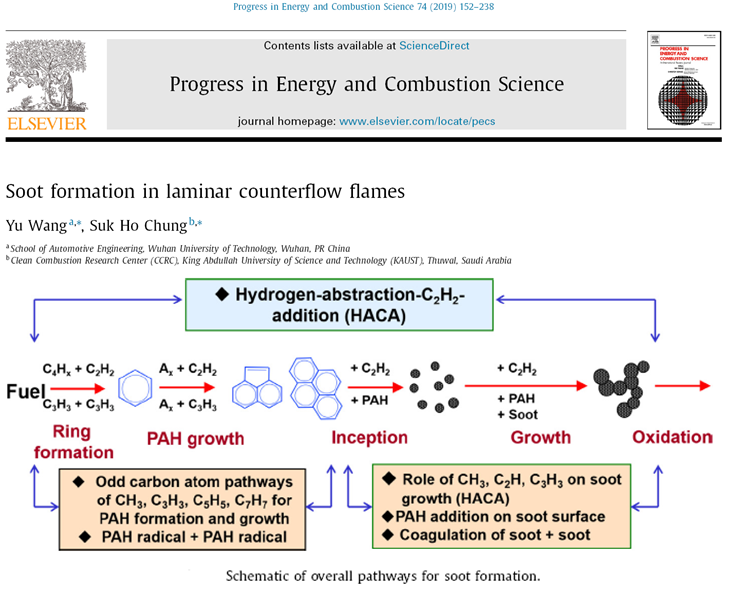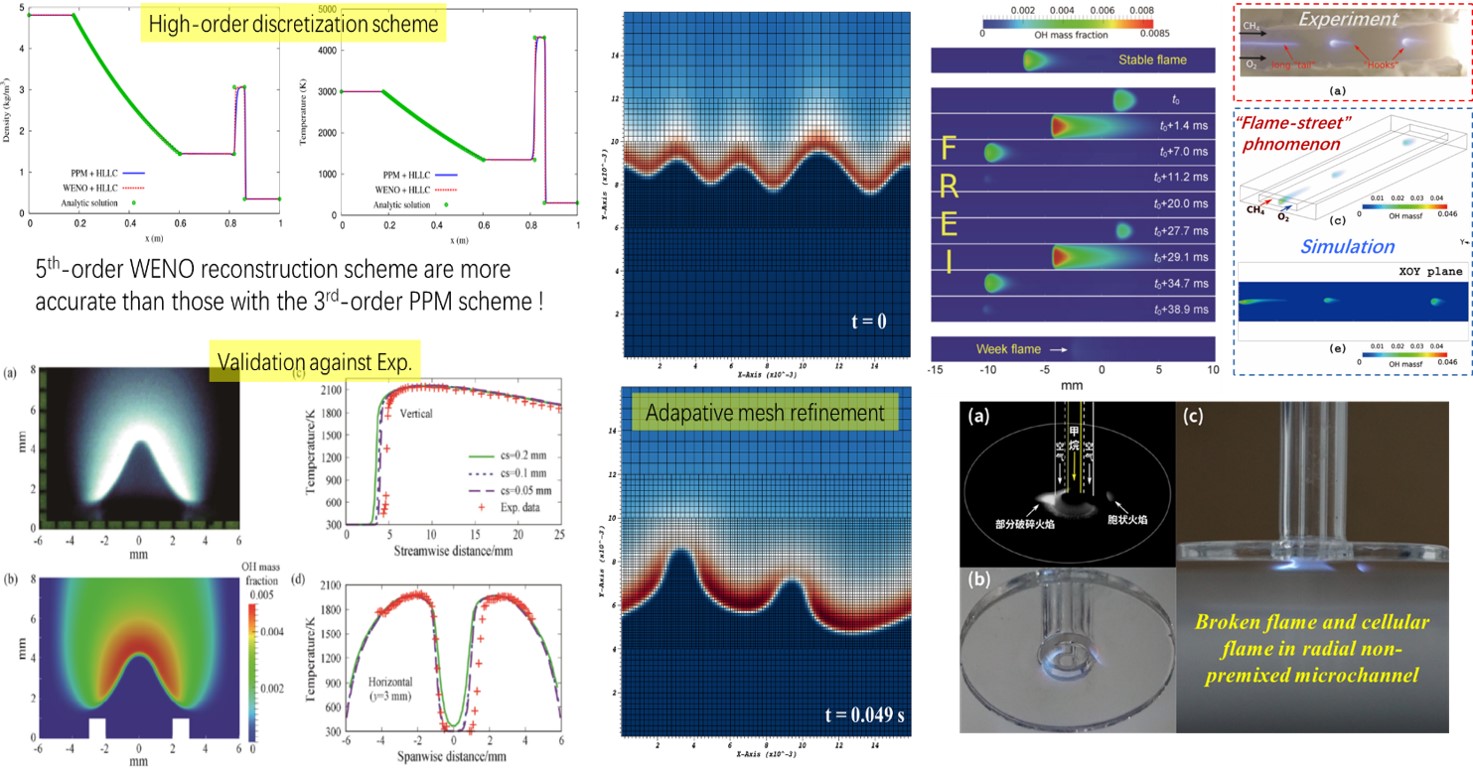Hydrogen energy, a zero-carbon clean energy carrier known as the "ultimate energy of the 21st century", is crucial for China to build a clean, low-carbon, safe and efficient energy system and achieve carbon peaking and neutrality. In 2022, the National Development and Reform Commission and National Energy Administration jointly released the Medium- and Long-Term Plan for Hydrogen Energy Industry Development (2021-2035), defining hydrogen as part of the future national energy system and a key area of China’s strategic emerging industries, driving green industrial development and transformation. The Laboratory of Low-Carbon Energy and Optoelectronic Sensing focuses on energy carbon neutrality (e.g., hydrogen, ammonia-hydrogen energy). It conducts basic hydrogen energy research and its applications in power/propulsion systems, clean electricity and advanced manufacturing, integrating optoelectronic sensing and AI to support national "double carbon" goals.
With over 30 doctoral and master’s students, the laboratory’s postgraduates have won honors like National Scholarship and Excellent Thesis. Graduates pursue further studies at top universities (The Chinese University of Hong Kong, Shanghai Jiao Tong University, etc.) or join leading enterprises (Shanghai Microelectronics, Huawei, Dongfeng Motor Group, etc.), with broad academic and industrial prospects. Boasting over 20 million yuan of research equipment, the laboratory supports postgraduates’ innovation. Some study at the State Key Laboratory of Hydrogen & Ammonia-Hydrogen New Energy Technology, with monthly subsidies over 2,000 yuan (master’s) and 4,000 yuan (doctoral, excluding scholarships). Extra subsidies (1,000-10,000 yuan per piece) are offered for high-level papers/patents (see laboratory rules for details).
 soot formation
soot formation combustion diagnosis
combustion diagnosis Advanced Laser Spectroscopy
Advanced Laser Spectroscopy Microscale combustion and reaction flow simulation
Microscale combustion and reaction flow simulation